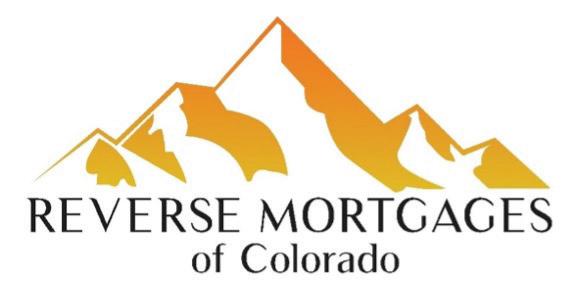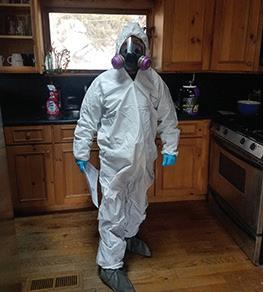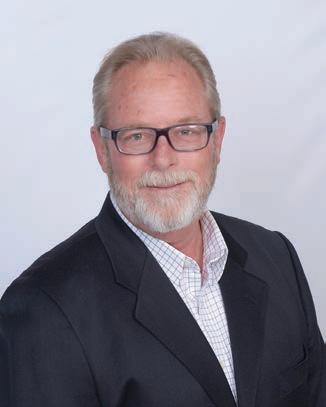
1 minute read
Meth remediation professionals could face more accountability with new Senate bill
A new measure aims to address illegal drug laboratories
BY OLIVIA JEWELL LOVE OLOVE@COLORADOCOMMUNITYMEDIA.COM
In light of public libraries across the state nding drug contamination in communal spaces, a woman from Evergreen wants people to know contamination could be lurking anywhere — even in homes — and that’s why she’s teaming up with State Sen. Lisa Cutter to introduce a bill that would hold remediators accountable.
In 2018, Kathi McCarty’s worst nightmare came true when she found the tenant she had been renting her beautiful mountain cabin to had been using it as a lab to cook methamphetamine. e following years of McCarty’s life would include legal and nancial struggles that would ultimately end in her selling the home, fully disclosed, for a low price.
Soon after selling, McCarty would watch the new owners go on to encapsulate the contamination inside the home after failing to remediate to state standard. en they would sell it at an exorbitant price, undisclosed to the new buyer. McCarty went on to found Meth Toxins how can I take a really jacked up situation in my own life that literally cost me over half a million dollars


— let’s not sugarcoat that part of it — ing education opportunities, support and work towards governmental change.
Some of that change is happen- ing in the form of a bill that will be introduced to the Senate on March 9 to protect homeowners and renters from the potential history of illegal drug laboratories in their homes. e bill, presented by Colorado State Sen. Lisa Cutter, will add to current laws about remediation. Currently, the department of public health and environment certi es people who assess, decontaminate or sample properties that once were sites of illegal drug laboratories. e bill will add a requirement that the department will inspect the work of each certi ed person once every three years. If errors are found, remedial education or decerti cation will ensue for the responsible party. e bill also will require the department to create a public database of buildings that have been used as illegal drug laboratories. A building can be removed from the database ve years after the property has been decontaminated. e bill will be heard by the local government and housing committee on March 9.

“We’re trying to look to improve what’s there, not take away what’s there, but improve, just enhance what’s already there,” McCarty said Sen. Cutter explained why work like this is important to her.
“I’m really interested in addressing toxins in our environment to the degree that we can,” she said.









